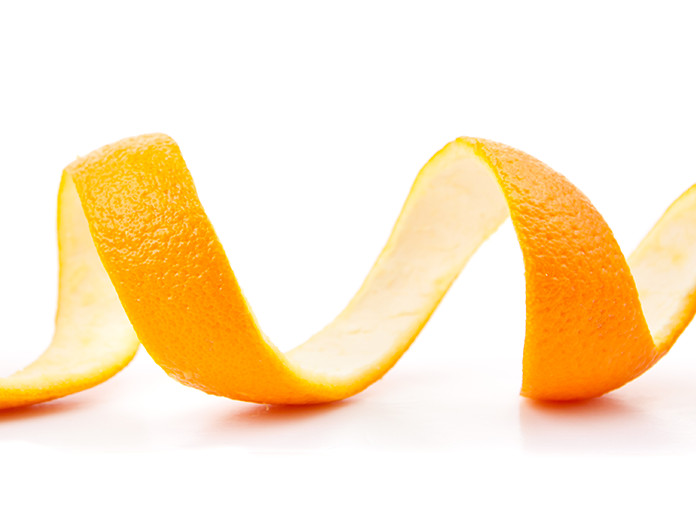We're currently searching through more than 4,000 articles, just a moment's patience...
We're currently searching through more than 4,000 articles, just a moment's patience...

The shift from fossil to renewable bio-plastics requires new efficient methods. The Finnish research institute VTT has developed a new technology to use pectin-containing agricultural waste, such as citrus peelings and sugar beet pulp, as a raw material for biobased PEF plastics, as an alternative to fossil PET.
PET and other polyesters are widely used in food packaging, plastic bottles and textiles. Annual production is estimated at 30 million tons. Replacing fossil-based PET with vegetable-based PEF polymers can reduce the carbon footprint of the products by 50%. In addition, the barrier properties of PEF plastics are better, making the food products last longer. PEF is a fully recyclable and renewable high quality plastic.
Professor Holger Pöhler of VTT: "In the near future, you will be able to buy orange juice in bottles made from orange peel."
Source: VTT
Vakblad Voedingsindustrie is a project of b2b Communications BV.
© COPYRIGHT 2025 VOEDINGSINDUSTRIE | ALLE RECHTEN VOORBEHOUDEN
Powered by Wallbrink Crossmedia © 2025
Een abonnement kost € 80,- exclusief 9% BTW per jaar.

We work in accordance with the privacy legislation. After your registration you will receive an e-mail with a confirmation link. Only after you have clicked on this link will you be registered as a recipient of the newsletter. If you can't find the e-mail in your inbox, please also look at unsolicited e-mail.


Lorem ipsum dolor sit amet, consectetuer adipiscing elit. Aenean commodo ligula eget dolor. Aenean massa. Cum sociis natoque penatibus et magnis dis parturient montes, nascetur ridiculus mus. Donec quam felis, ultricies nec





